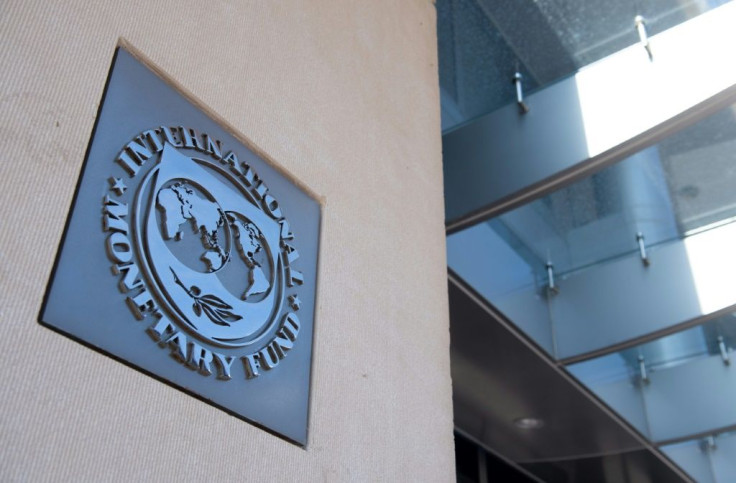IMF Applauds US Infrastructure Plan, Worries About Vaccine Reticence
The IMF welcomed President Joe Biden's plan to focus on improving US infrastructure as a way to boost the world's largest economy, a top fund economist said Tuesday.
In an interview with AFP, on the sidelines of the International Monetary Fund's Spring meetings, Petya Koeva Brooks, deputy director of the IMF Research Department, said the fund has not calculated the impact on growth of Biden's $2 trillion proposal, since it has not yet been approved.
Meanwhile, although the latest World Economic Outlook presents a much more upbeat forecast for global growth, vaccine hesitancy in Europe is a risk.
"Infrastructure investment is something that we have been advocating for a long time for the US. There are significant gaps in both the quality and the size of infrastructure stock, and that has been the reason why ... we have been very supportive of the idea of having the infrastructure investments. We also see a lot of merit in the proposals that are being made," she said.
"We're talking about investments in power in transportation and telecommunications and so on. And these are the types of investments that can really make a big difference for the increase the productive capacity of the economy, which would have implications for many years to come."
However, so far the package "does not seem to have the carbon pricing elements which we think is important."
"We do have a, I would say, slower recovery than in the US, and also in Japan. The euro area is not expected to reach a pre-crisis level of output until the first half of 2022," she said, with 4.4 percent growth expected this year following the 6.6 percent contraction in 2020.
"Now, when it comes to the monetary and fiscal policies, we do think that there is already a lot of support in train," and some that "is not incorporated in our forecast" including the 750-billion-euro Next Generation EU fund.

"Making sure that there are no delays in those so that these funds can be used for investment for green investments in green infrastructure, we think would make the material difference to the outlook, together with a force of continuous support at the national level," she said.
But the health crisis remains the key issue, underlining "the importance of proceeding with the vaccination campaigns and making sure that those shots going deep into the arms as quickly as possible.
"I think that is the best advice that we could give in terms of what would make a difference in the euro area."
"We do see signs in some countries that hesitancy is more of an issue," she said.
"This is where... having campaigns that work against that hesitancy, would be particularly important."
She cautioned that a six-month delay in having widespread vaccinations in advanced economies and nine months for emerging and developing economies would hinder the economic recovery.
"You would see global growth this year, lower by about one and a half percentage points. And then so instead of six (percent growth), it would be four and a half, and for 2022 instead of 4.4 would be 3.4."
hs/dw
© Copyright AFP 2024. All rights reserved.





















